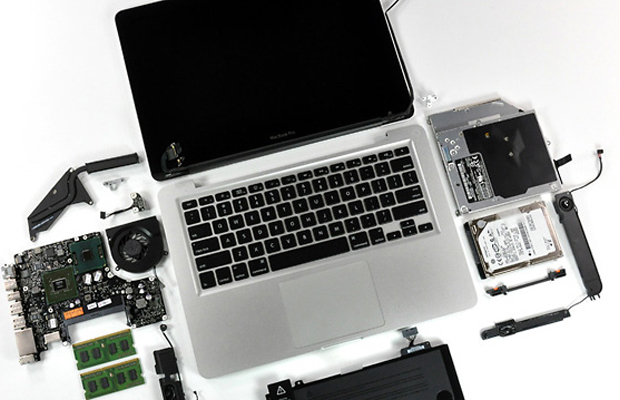
It’s what’s inside that counts (Specifications)
Even if you don’t consider yourself a “tech person,” you still have to give internal specs some consideration. You just don’t want to purchase a machine that was created to do what you need it to do, no matter how basic that need is. Essentially, it comes down to just that: what do you need your laptop for?
In terms of RAM, you should really never buy an actual laptop with less than 4GB, no matter what you plan to use it for, but designers and gamers should shoot for 8 or 16GB. Tablets will have much less RAM than any type of laptop by default.
Choosing a hard drive is less simple: older, slower HDDs have more space, but solid state drives are much faster. SSDs are really the better choice of the two, but they are more expensive. Higher-end graphics cards are really only necessary if you plan to play video games, and if you do, what kind you get makes all of the difference in gameplay experience. Obviously, more power equals more expense.
Central Processing Units (CPUs) are considered the “brains” of the computer. It’s the hardware that carries out the instructions given by programs. A good CPU is fast and doesn’t eat up a lot of battery power. The two main CPU manufacturers are as follows:
AMD: This company’s A4, A6, A8, and A10 processors can be found in some budget or mid-range priced computers, but fewer laptops tend to have them.
Intel: The majority of computers, laptops and otherwise, that consumers will consider are going to have this processor in them. The newest line goes under the code name “Haswell”. These came out in June 2013, and while they don’t bring a much higher level of performance than their predecessors, they boast amazing battery life. A 13-inch MacBook equipped with at Haswell can last more than 12 hours before it needs a recharge. Pretty spectacular, especially if you are an on-the-go user.
Many online tech retailers have a comparison function that lets you place laptop specs side-by-side: use it. Don’t just buy the first computer that catches your eye, but hunt a little bit and make the best decision for you.
















